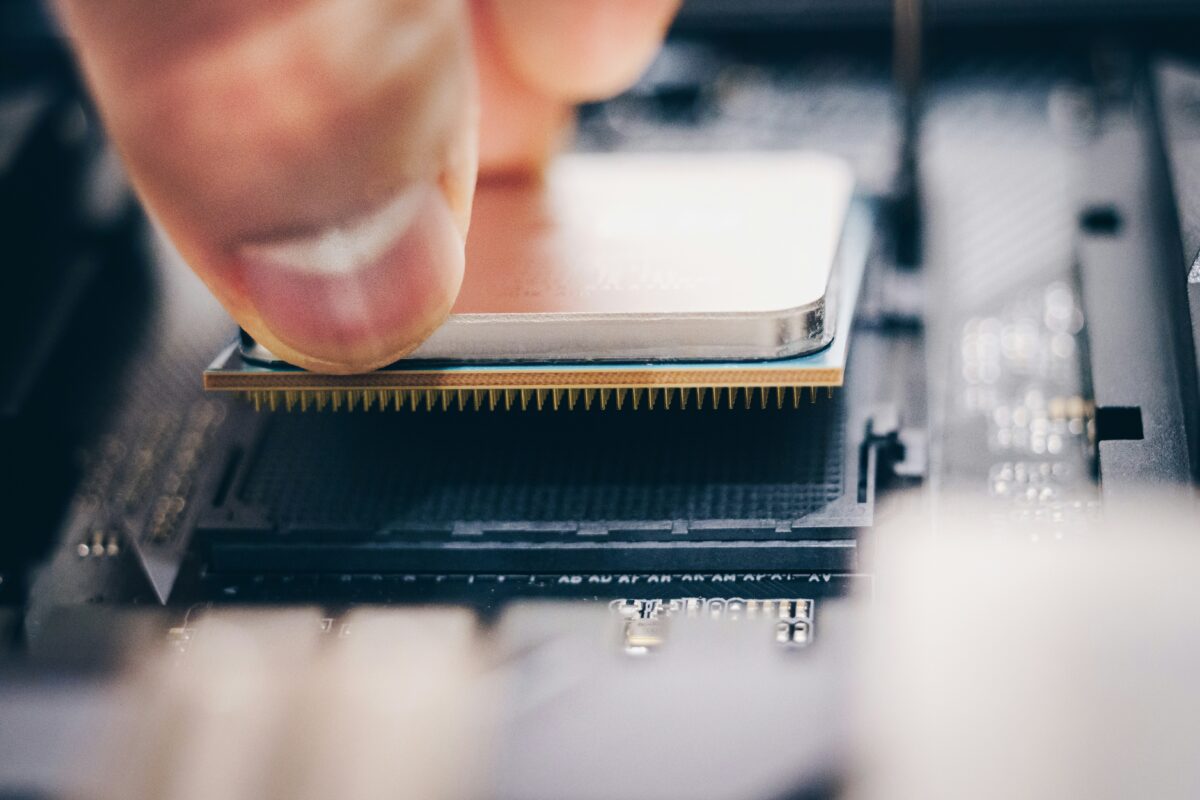The Problem It’s getting worse. Every day. The global emissions of carbon dioxide are still increasing , while our global budget to stay in the range of 1.5° C and 2° C is rapidly exhausting. The main emissions are produced by burning fossil fuels for energy generation, transportation and industrial production. Another big source of […]










